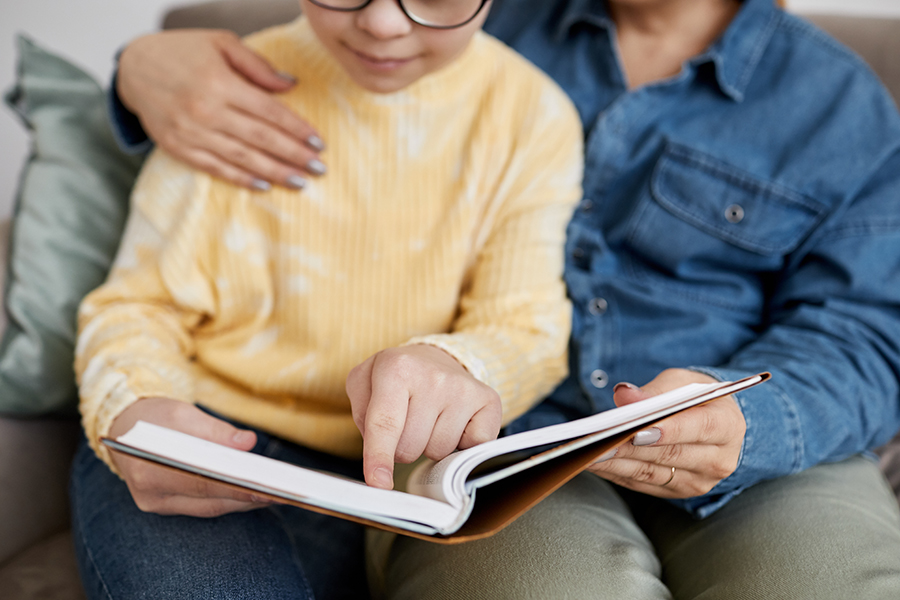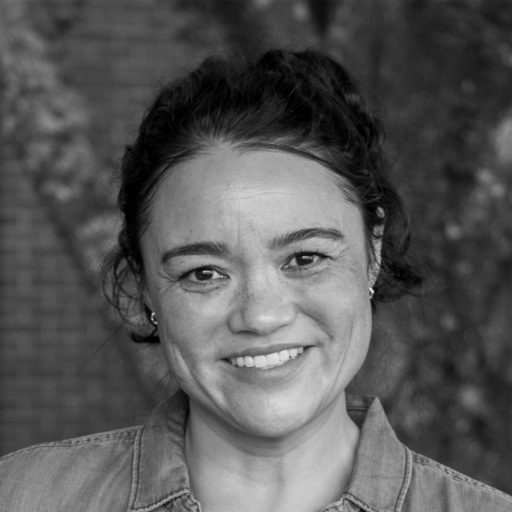
Florida State University Associate Professor of Special Education Veronica Fleury will help enhance early literacy for preschool children with autism spectrum disorder (ASD) through support from the Institute of Education Sciences.

Fleury and her colleagues from Oklahoma State and Vanderbilt universities will develop a project that includes creating a shared reading intervention for preschool children with ASD that is delivered by caregivers in their homes. The work is supported by nearly $2 million in funding from the National Center for Special Education Research.
“The importance of supporting children’s emergent literacy development cannot be underestimated; children who fall behind in oral language and literacy development are less likely to be successful readers, and their achievement lag is likely to persist throughout primary grades and beyond,” Fleury said. “Reading with young children (referred to as shared book reading) provides them with opportunities to develop language and early literacy skills that are foundational for reading.”
Shared book reading interventions have proven to be an effective method in improving language and early literacy among preschool children. While discrepancies may exist in how responsive different children are to the reading programs, Fleury and her colleagues have the goal of creating an adaptive shared reading program for caregivers to be able to tailor to the learners’ individual needs.
“Shared reading is a social activity,” Fleury added. “Many children with autism will have difficulty actively engaging in shared reading activities because of social communication difficulties that are characteristic of autism. This project will allow us to determine what instructional supports are needed, and for whom.”
“Shared reading is a social activity. Many children with autism will have difficulty actively engaging in shared reading activities because of social communication difficulties that are characteristic of autism. This project will allow us to determine what instructional supports are needed, and for whom.”
– Professor Veronica Fleury
The adaptive intervention will use two evidence-based shared reading practices in dialogic reading (DR) and print referencing (PR). DR includes the adult asking the child questions to converse about the story and improve their vocabulary and listening comprehension.
PR involves improving print and alphabet knowledge, where the adult has the child focus explicitly on the print of the story and asks questions, makes comments and tracks words.
Children who are non-responsive to the first-stage interventions will have additional second-stage intervention options designed to increase their own responses about the book or initiate comments during reading.
Using three different types of studies, the research team will conduct a sequential multiple assignment randomized trial to further evaluate the adaptive intervention. PR and DR will then be used through a four-week period, and the children’s joint attention during their final three sessions of their initial intervention will be used to determine what their second-stage intervention option will be.
“A home-based literacy program delivered by caregivers allows us to leverage familiar individuals and routines within children’s natural environments,” Fleury said. “Importantly, caregivers may be empowered by learning new strategies to positively interact with their child with ASD within the context of shared reading.
Fleury’s research at FSU focuses on optimizing learning opportunities for individuals with ASD. Her intervention work with young children with ASD is grounded in applied behavior analysis, and she has been awarded several contracts and grants over her tenure.
The FSU College of Education, Health, and Human Sciences was recently ranked as the best public college of education in the state of Florida by the U.S. News & World Report. It was also rated as the No. 6 public college of education nationally.
The special education program earned a top 15 mark by the U.S. News & World Report and is part of the college’s school of teacher education. Students accepted into the program begin to excel working with others who have ASD, learning disabilities, emotional and behavioral disorders and intellectual disabilities.
For more information about the College of Education, Health, and Human Sciences visit https://cehhs.fsu.edu.



